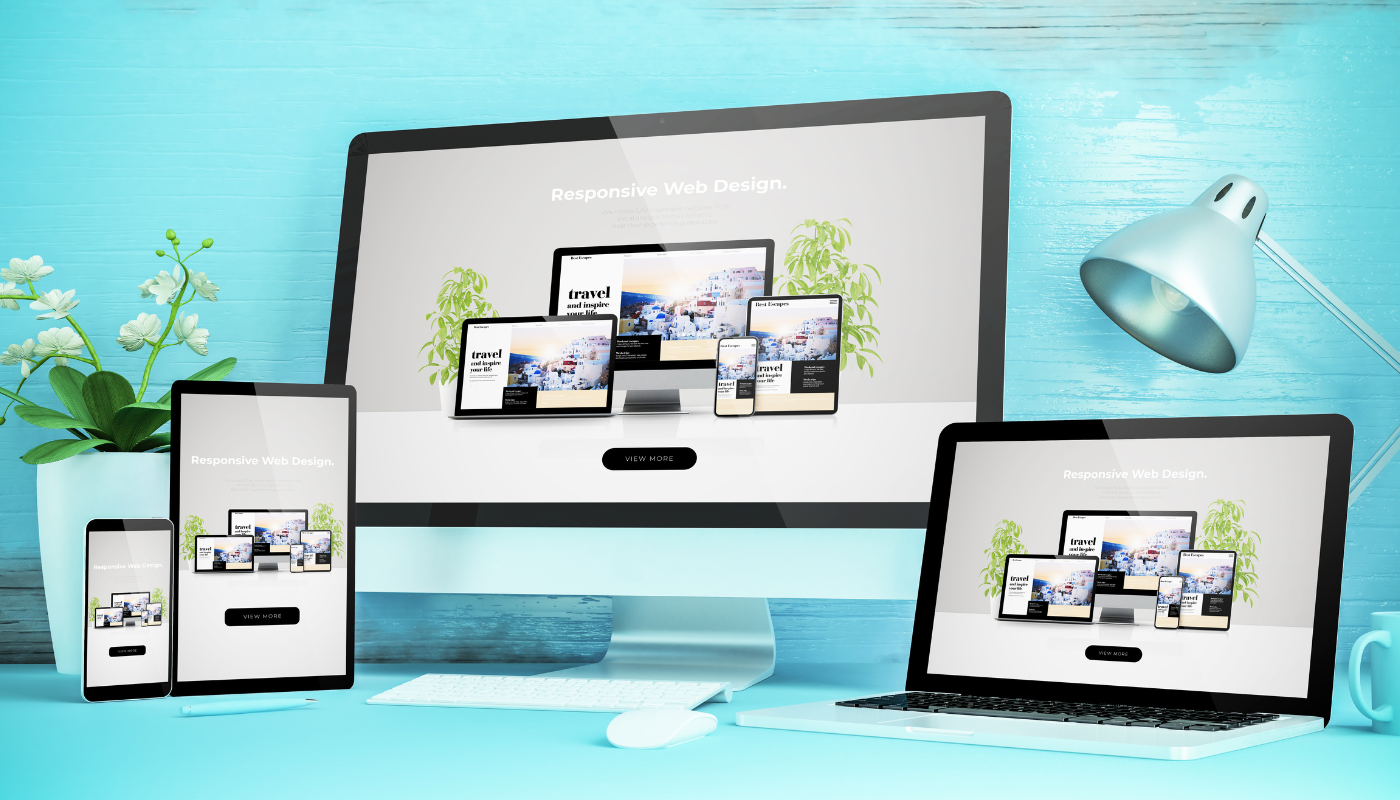In the evolving field of user experience (UX) design, program managers have become crucial. As UX projects increase in complexity and scope, having a dedicated professional to oversee the entire process is essential. This article explores why program managers are necessary in UX design, highlighting their key responsibilities, the communication gaps they bridge, and how they enhance project efficiency.
Defining the Role of a Program Manager
Program management involves coordinating and overseeing multiple projects and initiatives within an organization. Program managers ensure the successful delivery of complex endeavors that require collaboration among various teams, stakeholders, and interdependent components.
In UX design, program managers align diverse project elements—from user research and interface design to development and implementation. They serve as the central hub, coordinating cross-functional teams to ensure that every aspect of the UX design process is executed smoothly.
Key Responsibilities in UX Design Projects
Program managers handle a wide range of tasks in UX design projects, including:
- Defining project scope, objectives, and timelines
- Allocating and managing resources (human, financial, and technological)
- Facilitating communication and collaboration among teams
- Monitoring and reporting on project progress
- Identifying and mitigating risks
- Ensuring adherence to best practices and industry standards
- Overseeing the project’s overall quality and user experience
By managing these responsibilities, program managers enable specialized teams to focus on their tasks while maintaining a cohesive and efficient workflow.
Bridging Communication Gaps
Effective communication is vital in UX design, where diverse professionals collaborate closely. Program managers play a key role in bridging communication gaps by:
- Facilitating Regular Meetings: Organizing consistent check-ins to keep all teams aligned.
- Establishing Clear Communication Protocols: Creating guidelines to ensure information is shared effectively.
- Promoting a Collaborative Environment: Encouraging team members to share ideas and address concerns openly.
Additionally, program managers align the expectations of external stakeholders, such as clients and executives, by translating technical details into understandable terms. This ensures that everyone remains on the same page, reducing conflicts and managing expectations effectively.
Enhancing Project Efficiency
Program managers streamline UX design projects by optimizing processes and managing resources effectively.
Streamlining Processes and Workflows
They implement standardized project management methodologies like Agile or Lean, tailored to the specific needs of UX design. Key strategies include:
- Establishing Clear Milestones: Setting achievable project goals and deadlines.
- Defining Roles and Responsibilities: Clarifying each team member’s duties to prevent overlap and ensure accountability.
- Implementing Robust Tracking Systems: Using tools to monitor progress and identify issues early.
Managing Resources Effectively
Effective resource management is critical for keeping projects on schedule and within budget. Program managers:
- Allocate Resources Strategically: Distributing budget, personnel, and technology where they are needed most.
- Identify Constraints Early: Proactively addressing potential bottlenecks or resource shortages.
- Optimize Team Productivity: Ensuring that teams have the necessary support to perform efficiently.
The table below summarizes common project management methodologies used in UX design and their key features:
| Methodology | Key Features | Benefits |
| Agile | Iterative development, flexibility, sprints | Enhances adaptability and quick iterations |
| Lean | Focus on value, eliminating waste, efficiency | Increases productivity and resource use |
| Waterfall | Sequential phases, clear structure | Provides clear project milestones |
| Kanban | Visual workflow management, continuous delivery | Improves transparency and workflow efficiency |
Conclusion
In the demanding field of UX design, program managers are indispensable. They bridge communication gaps, enhance project efficiency, and ensure that the final product delivers an exceptional user experience. As UX projects continue to grow in complexity, the expertise of program managers becomes increasingly valuable. By leveraging their skills, UX design teams can achieve greater success and deliver more impactful products and services.

Passionate game developer and writer with more than five years of industry experience. He has a solid foundation in programming and game design, focusing on indie development, emerging technologies, and design principles. Ryan’s writing is geared toward helping developers, from beginners to veterans, with practical advice and creative inspiration, making complex concepts accessible and inspiring new approaches to game creation.

